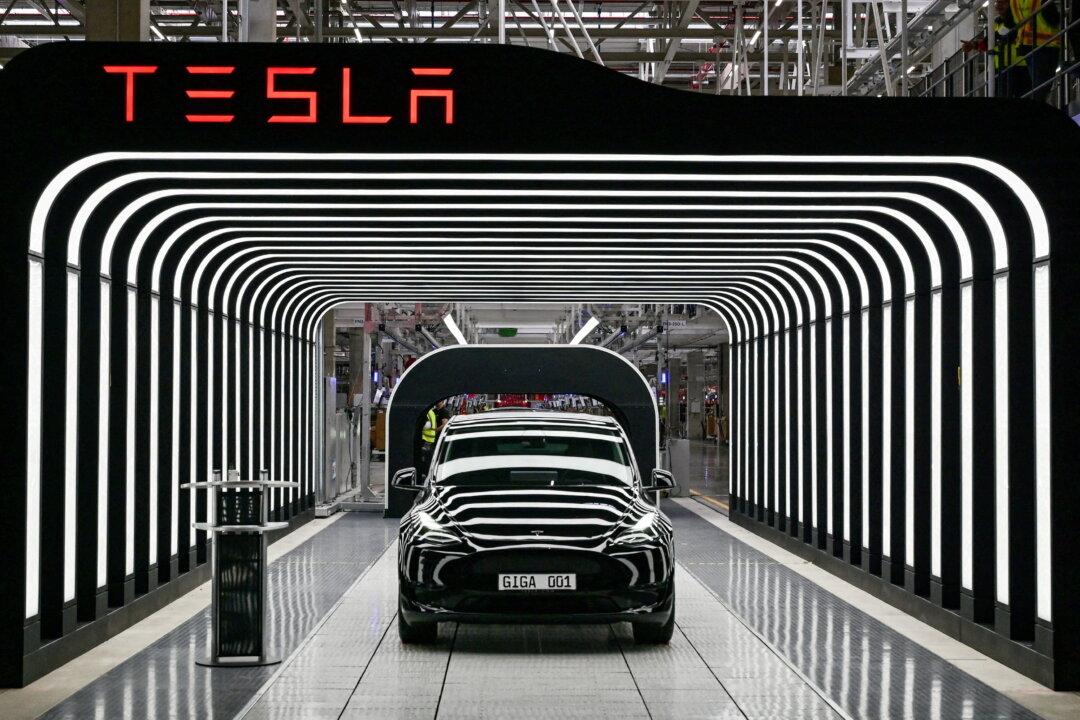Competition between the United States and China in the realms of electric and autonomous vehicles could determine the future control of global supply chains in an unprecedented way, according to a lawmaker and several experts.
“Our competitors, particularly in China, are not holding back,” said Sen. Gary Peters (D-Mich.) during an April 27 event hosted by the Center for Strategic and International Studies, a security-focused think tank.




